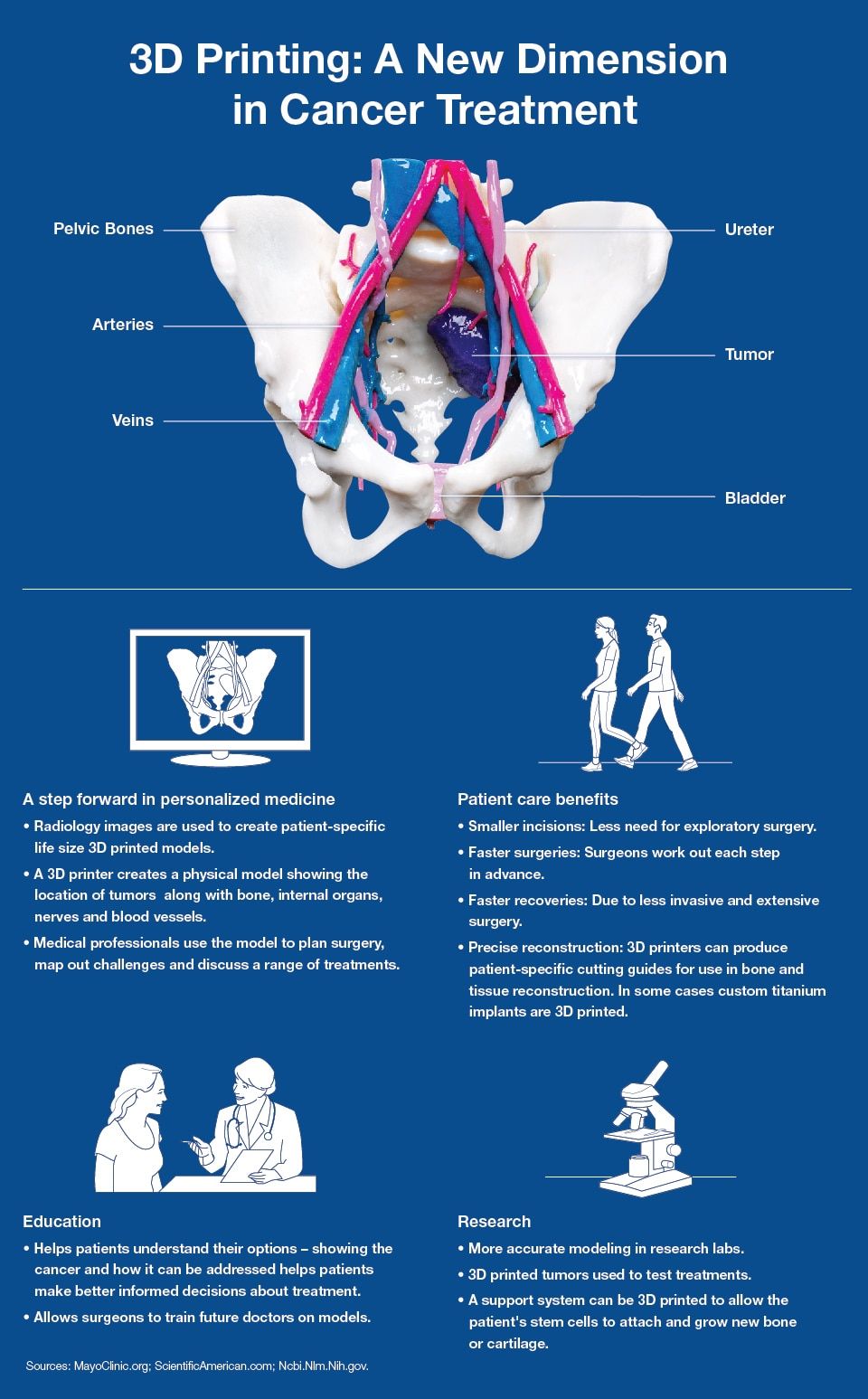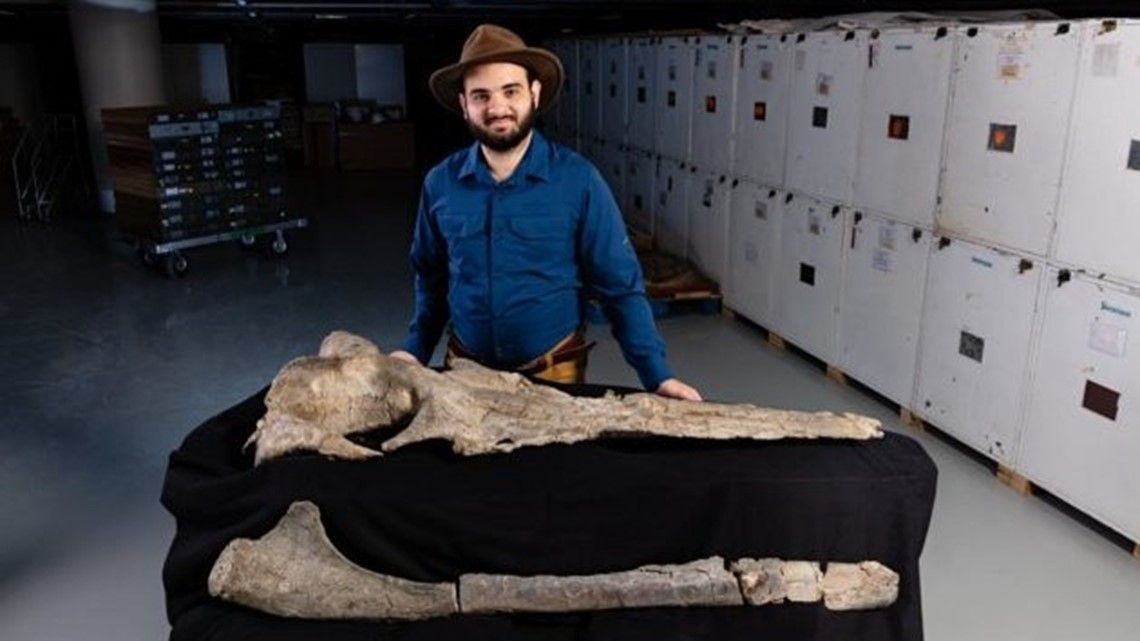FRIB) will be a scientific user facility for the Office of Nuclear Physics in the U.S. Department of Energy Office of Science (DOE-SC). FRIB is funded by the DOE-SC, MSU and the State of Michigan. Supporting the mission of the Office of Nuclear Physics in DOE-SC, FRIB will enable scientists to make discoveries about the properties of rare isotopes (that is, short-lived nuclei not normally found on Earth), nuclear astrophysics, fundamental interactions, and applications for society, including in medicine, homeland security, and industry.
This video — The Facility for Rare Isotope Beams at MSU — explains the history of FRIB, its role in research and education, and its future in rare-isotope discoveries. It includes an animated sequence to help viewers understand what FRIB is about.
Employment opportunities: FRIB is looking for engineers, physicists, and other talented professionals to build the world’s leading rare isotope facility.










